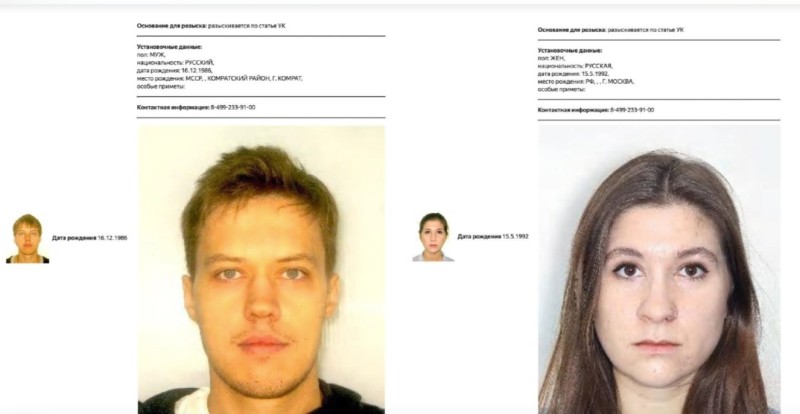The move appears to be part of President Vladimir Putin’s campaign to persecute media who dare to counter the Kremlin’s narrative about the war in Ukraine and tell the truth.
According to IStories, an independent investigative media outlet and OCCRP partner, the Russian Interior Ministry placed Anin and Fomina on a wanted list on Monday and subsequently, the Dorogomilovsky District Court of Moscow “arrested the journalists in absentia.”
The two are reportedly facing five to 10 years in prison.
Earlier this year, Russian authorities launched a case against Fomina for disseminating fake news after she published an interview with a corporal of the Russian Armed Forces who confessed to murdering a civilian in Ukraine. According to the Russian pro-government news agency Tass, Fomina allegedly “blackmailed” the man into admitting the murder.
According to IStories staff, this action against their editor and journalist is the latest move in a relentless campaign to silence the outlet for its hard-hitting investigations into Russian war crimes in Ukraine.
But even before the war, Russian authorities were after Anin for his investigative reports that exposed corruption involving circles close to Putin.
Anin is widely respected worldwide as a top investigative journalist. He was honored as a 2019 Knight Fellow at Stanford University and went on to earn the prestigious International Center for Journalists' Knight Trailblazer Award.
In 2020 he founded IStories, a member center of OCCRP, which has rapidly gained acclaim as a trailblazer among Russia’s investigative media outlets.
In 2021, Russian authorities labeled Anin and several other journalists at IStories as “foreign agents,” invoking the country’s contentious 2012 law.
Since Russia’s invasion of Ukraine began in February 2022, the Foreign Agents Law, enacted in 2012 and reminiscent of the Soviet era’s negative connotations, has been increasingly wielded by Russian authorities.
It has become Moscow’s favored tool in dealing with government critics, civil society organizations, media outlets, independent journalists, activists, and individuals who receive foreign financing and are perceived to be under foreign influence.



